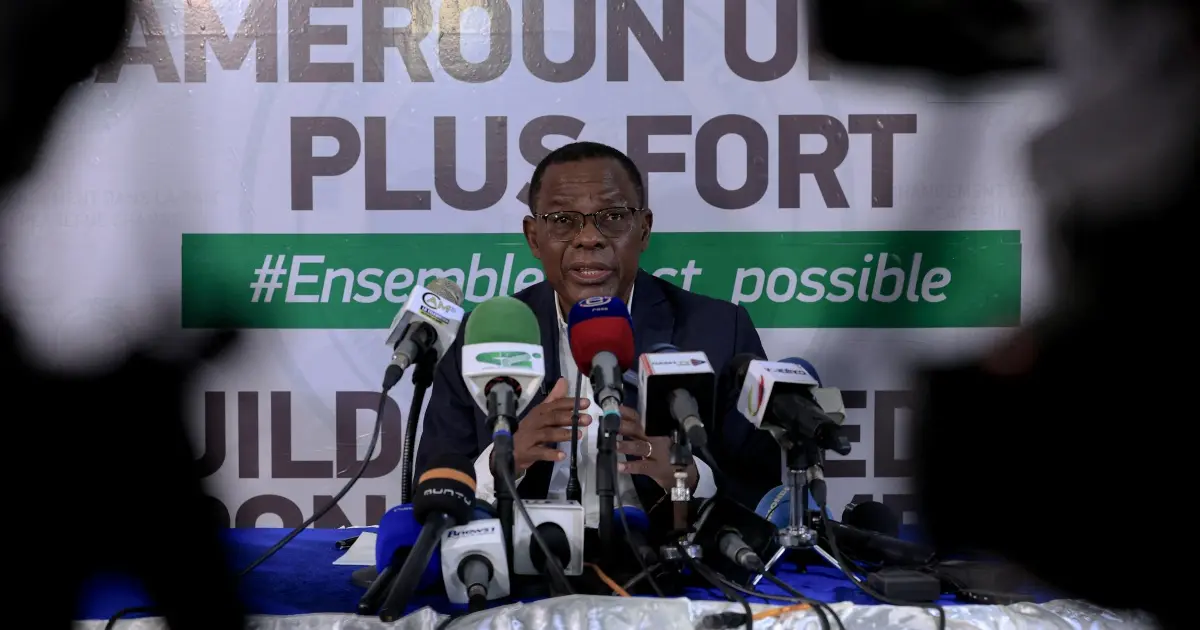
Cameroon is gearing up for a pivotal presidential election on October 12, 2025, with 13 candidates officially selected from an initial pool of 83 hopefuls.
The stakes are high for this Central African country, where questions of voter turnout, security, political competition, and economic revival dominate the national conversation.
Voter participation stands as a significant hurdle. Ahead of the election, efforts to register voters and raise awareness have intensified, reflecting the urgency both the ruling party and opposition place on securing a credible and contested poll.
The outcome hinges not only on ballots cast but on the legitimacy perceived by Cameroonians eager to have their voices heard.
Security concerns cast a shadow over the electoral process. Despite a relative calm in recent months, the Northwest and Southwest regions remain fragile due to lingering violent tensions.
Additionally, the threat of Boko Haram in the Far North and cross-border criminal activities heighten the stakes.
The election will test Cameroon’s ability to ensure peace and stability while advancing reconstruction efforts in conflict-affected areas.
Politically, the landscape reveals a dominant ruling party, the Cameroon People’s Democratic Movement (CPDM), facing a fragmented opposition.
The disqualification of a major opposition figure has raised doubts about the competitiveness of the race. New opposition faces have emerged, yet their inability to unite leaves the CPDM with a clear advantage.
The challenge remains to create an inclusive contest that resonates with a populace demanding political renewal.
Economic and social issues are central to voters’ concerns. Candidates must address youth unemployment, brain drain, and limited access to education and healthcare. Citizens expect programs focused on good governance, anti-corruption, and reforms that enhance Cameroon’s economic appeal.
As the nation approaches October 12, two futures hang in the balance: a continuation of the status quo or a transformative shift towards reform. Whatever the outcome, Cameroon’s electorate will chart the course for the next seven years in a country often called “Africa in miniature” for its rich diversity and complexity.



